Importance of Treating Watery Stool: Diarrhea Causes & Treatment
Symptoms of Watery Stool
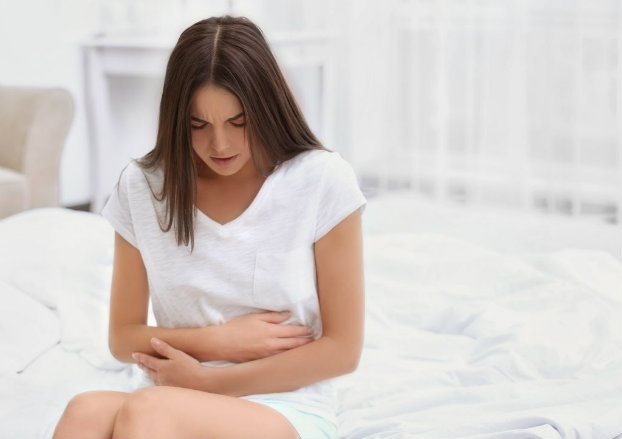
Diarrhoea is a condition of having three or more loose, liquid or watery bowel movements a day. This is quite a common problem, but the good news is that it lasts no more than a few days. However, in those situations when diarrhoea lasts for weeks, this usually means that there is another hidden problem. This could be an irritable bowel disorder, persistent infection or inflammatory bowel disease.
Besides the loose and watery bowel movements, there are some other common diarrhoea symptoms like abdominal pain, abdominal cramps, fever, mucus and blood in the stool, bloating, nausea and the urgent need to have a bowel movement.
Causes

Viruses
One of the most common reasons for diarrhoea are viruses or to be more precise, the Norwalk virus, cytomegalovirus and viral hepatitis. Except for these, rotavirus is also a common cause for diarrhoea, especially for the acute childhood diarrhoea. But the most recent discovery is that even the newest coronavirus (COVID-19) can also cause diarrhoea, nausea and vomiting.
Bacteria & Parasites
Unfortunately, you can get diarrhoea even from contaminated food and water. These are the perfect home for bacteria and parasites which once in your bloodstream, can easily cause diarrhoea.
Medications
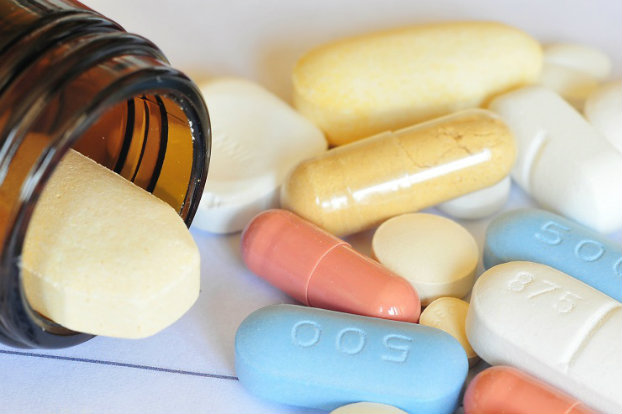
Medications like cancer drugs, GERD medications, especially antacids with magnesium may cause diarrhoea. Unfortunately, it’s not uncommon to have this issue when taking antibiotics. They destroy both good and bad bacteria which can lead to disturbing the natural bacteria balance in your intestines. So, if you’re wondering can you take anti diarrhea medicine while on antibiotics, it is best to consult with your doctor. Although you can take some anti diarrhea medication with an active ingredient like loperamide, consulting with your doctor first is essential as sometimes these medications can interfere with your body’s ability to eliminate toxins. Lactose intolerance, fructose, artificial sweeteners and surgery are some other things that can also cause diarrhoea.
Treatments
Stay Hydrated
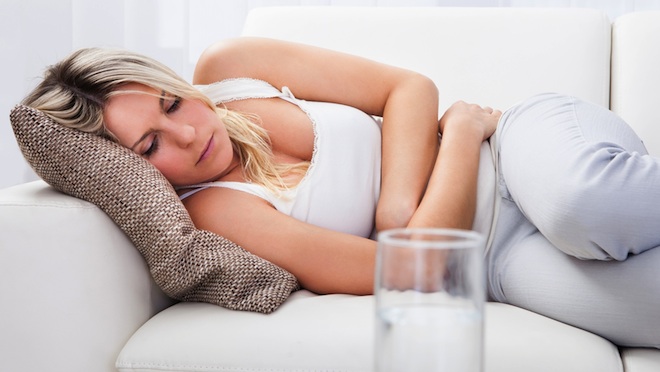
One of the most common things that happen when having diarrhoea is dehydration, so preventing it is key. Since diarrhoea leads to losing lots of fluids, you need to replace them by taking anti diarrhea medication, especially electrolytes. These medications are known as rehydration therapy in medicine and can be of vital importance since they consist of the needed amount of body water and salts.
But besides them, drinking lots of liquids is also important. Broths, homemade fruit juices and even sports drinks can be a good choice. If you are an adult who has a weak immune system, it’s recommended drinking oral rehydration solutions since they contain both electrolytes and glucose. But besides drinking electrolytes and lots of fluids, don’t skip taking your daily dose of vitamin supplements.
Over-the-Counter Medications
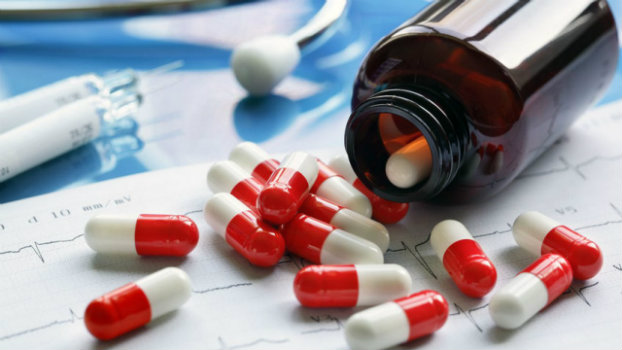
In order to stop an occasional bout of diarrhoea, you can always take some over the counter medication. And if you’re wondering what medication to take when you have diarrhea, you can always try with loperamide and bismuth subsalicylate. These medications can come in the form of tablets and capsules and their main goal is to slow down the movement of intestines. By doing this, the intestines have more time to absorb water and electrolytes which will result in relieving the symptoms of diarrhoea. Just keep in mind that you shouldn’t take them for more than two days. And if the diarrhoea persists, you should certainly contact your doctor.
Eat Bland Food
One of the first things recommended by doctors when having diarrhoea is eating bland food. In fact, for the first 24 hours, it is recommended to have only clear liquids, after which you can slowly add bland food to your diet. Such foods can include salted rice, bananas, applesauce, Greek yogurt, toast, mashed potatoes and crackers. If your diarrhoea has been followed by vomiting, you should certainly skip the banana because it can make you more nauseous.
When to Seek Medical Attention for Diarrhea?
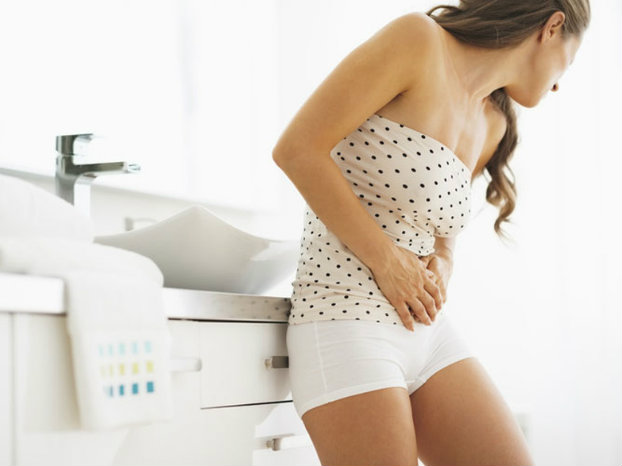
If you’re an adult, you should see your doctor if your diarrhoea persists a few days, if you become severely dehydrated, if you have bloody or black stool, if you have a fever above 39°C and if you have severe abdominal and rectal pains. Dehydration in adults can manifest through:
- Weakness, lightheadedness and dizziness;
- Excessive thirst;
- Dry mouth and skin;
- Fatigue;
- Little or no urination;
- Dark-coloured urine.
When talking about diarrhoea in children, you should know that it can quickly lead to dehydration. So, it’s really important to contact your pediatrician if the diarrhoea doesn’t improve within 24 hours but also if your child has bloody or black stools, if they have a fever above 39°C and if they become dehydrated. Indications of dehydration in babies and young children include:
- Dry mouth and tongue;
- Crying without tears;
- Not having a wet diaper in more than three hours;
- Irritability, drowsiness and unresponsiveness;
- A sunken appearance of the eyes, cheeks and abdomen.



